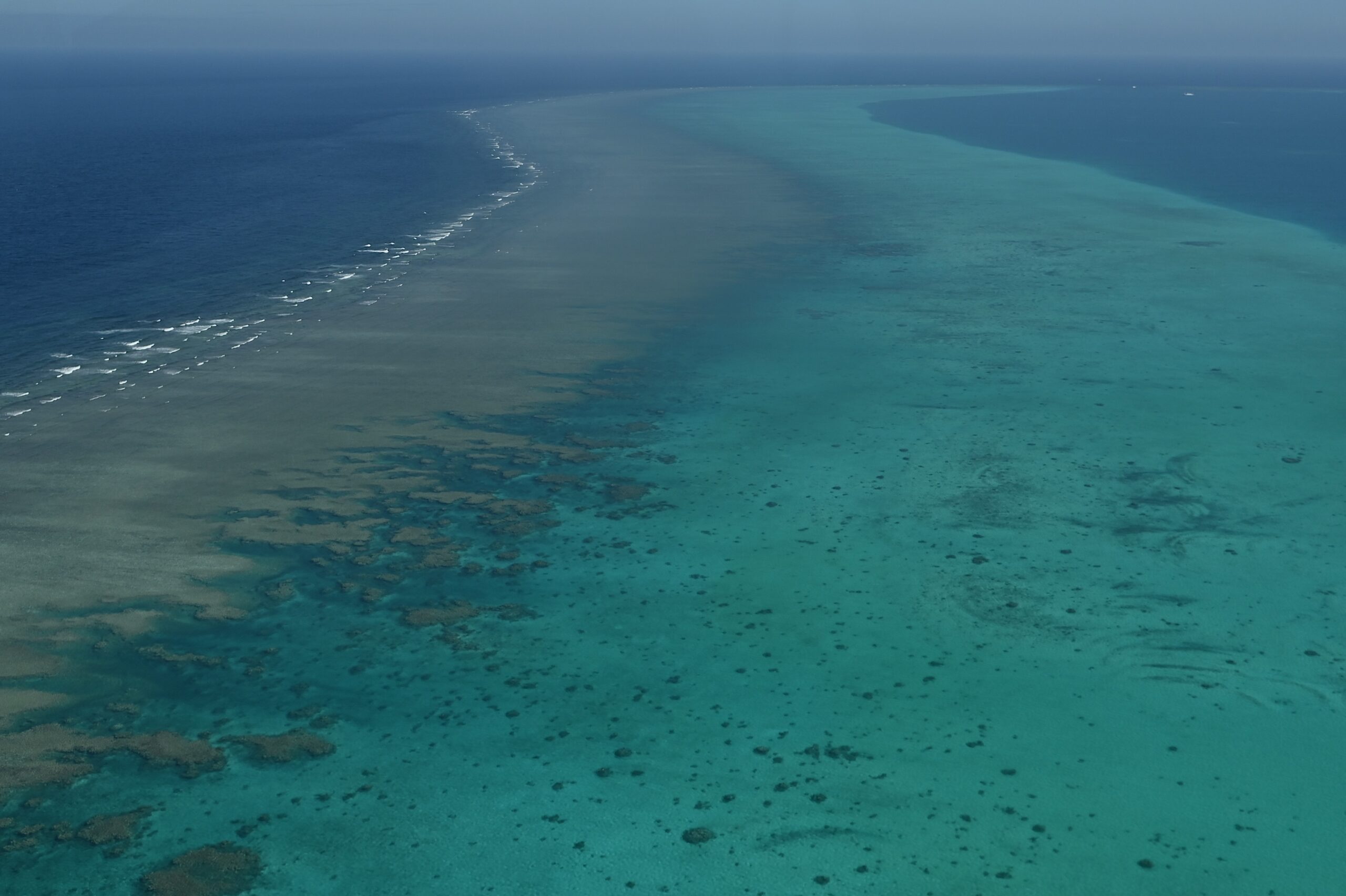MANILA, Philippines — The Armed Forces of the Philippines on Sunday said it had not monitored any Chinese military exercises near Panatag (Scarborough) Shoal, contrary to Beijing’s claim on Saturday, when the Philippines carried out joint drills with its allies in the West Philippine Sea (WPS).
Beijing said it had organized its air and sea forces to conduct maneuvers around the shoal after the Philippines, together with the United States, Japan, Australia and New Zealand, conducted the fourth multilateral maritime cooperative activity (MMCA).
“Our troops did not observe any exercises nearby. We have to understand that sometimes China is only doing these announcements for its internal audience to make it appear that they are not weak because it could cause a backlash at home,” Philippine Navy spokesperson for the West Philippine Sea Rear Adm. Roy Vincent Trinidad told reporters.
READ: China holds drills at Panatag Shoal after talks with US
The AFP earlier said the MMCA drills took place in the West Philippine Sea under the jurisdiction of the Northern Luzon Command (Nolcom). Panatag Shoal, a small ring of reefs located within the country’s exclusive economic zone (EEZ), is under Nolcom, although China has controlled that area since 2012 after a tense standoff that year with the Philippine Navy.
Article continues after this advertisement
Trinidad said the AFP monitored two Chinese Navy vessels tailing the ships participating in the MMCA, but the Chinese ships did not interfere. Their distances varied from 0.91 kilometers (1,000 yards) to 7.4 km (14 nautical miles).
Article continues after this advertisement
The warships involved in the MMCA were the Philippines’ BRP Antonio Luna (FF-151), BRP Emilio Jacinto (PS-35), the USS Howard (DD-G83) with two helicopters, Australia’s HMAS Sydney (D-48), Japan’s JS Sazanami (DD-113) and New Zealand’s HMNZS Aotearoa (A-11).
Also deployed in the exercises were an AW109 helicopter of the Philippines and another helicopter as well as a P-8 Poseidon aircraft from Australia.
Behaved
“We monitored their (the Chinese) presence… It was not threatening. There were no aggressive maneuvers,” Trinidad said.
“They acted in a professional manner. It only shows that whenever we have MMCA, they behave,” he added.
The latest drills were the first time to include New Zealand, one of the countries lately seeking closer security ties with the Philippines.
Meanwhile, a Chinese research vessel continues to loiter in the Philippines’ EEZ for a week now, according to maritime security expert Ray Powell.
“China’s slow-moving survey-in-force continues off Palawan coastline—now 1 week in operation with no end yet in sight,” he said on X on Sunday.
The Philippine Coast Guard’s (PCG) BRP Malabrigo is “now shadowing” the Chinese vessel, Haiyang Dizhi Hao, Powell said.
The research vessel was first spotted on Monday some 50 km (27 nautical miles) off Palawan’s shores, accompanied by six Chinese vessels. A PCG ship and three Philippine Navy ships were deployed in response.
It is unclear whether the Chinese ship was illegally conducting a survey. “I should note that the ships have not yet entered into a typical ‘lawnmower’ survey pattern, so it may be simply there to send a message that China claims these waters —much as they did last year to Vietnam,” Powell said last week.
Manalo in UN
In a related development, Foreign Secretary Enrique Manalo noted the “irresponsible and dangerous” actions against the Philippines within its EEZ when he spoke at the United Nations 79th General Assembly on Sunday.
Without naming China, Manalo said, “We do not accept narratives depicting the South China Sea as a theater of major power rivalry because they all ignore what is an essential truth: all states in this region have a right to determine their own destiny and secure their own future.” —with a report from Jane Bautista
For comprehensive coverage, in-depth analysis, visit our special page for West Philippine Sea updates. Stay informed with articles, videos, and expert opinions.




































